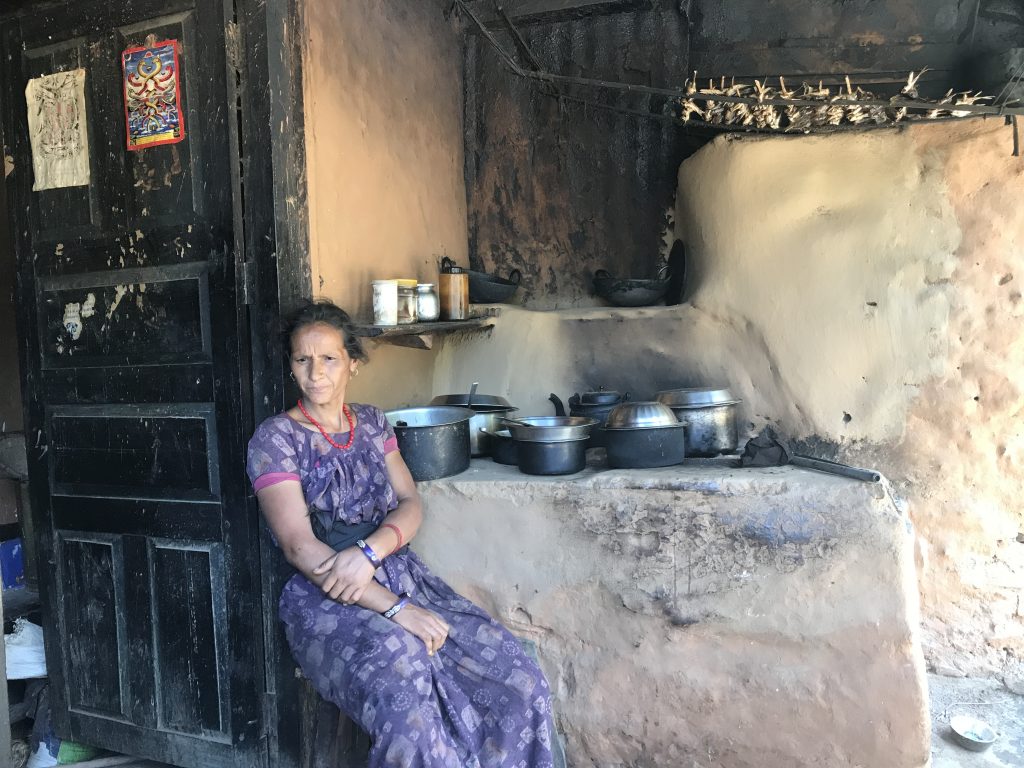Power Reliability and Cooking

Induction cookstoves have the potential to transition households from unhealthy, highly-polluting solid fuel use for cooking, to cleaner and healthier systems powered by electricity.
The stoves in this study are low-cost and dependable and are found in a growing number of homes where access to the grid has improved. Our project uses three novel in-home sensors that record data every minute: electricity meters that measure outages and voltage spikes, compact sensors that monitor air quality, and stove use monitors built specifically for induction stoves. The research aims to understand how power outages affect households’ use of cooking technologies, both in times of outages and before and after—since outages often occur at unpredictable times, so households may choose to use other means to prepare food that needs to cook for a long time. Induction cooking is increasingly promoted as clean, modern, and efficient, but electricity unreliability is a common and widespread problem across many regions of India and beyond. In view of both these trends, this analysis will help inform policies and programs that will affect millions of households and individuals across the developing world.
Non-Duke Collaborators: Eshita Gupta, Eswaran Somanathan
Partners: Indian Statistical Institute, Delhi
Funder: Environment for Development
